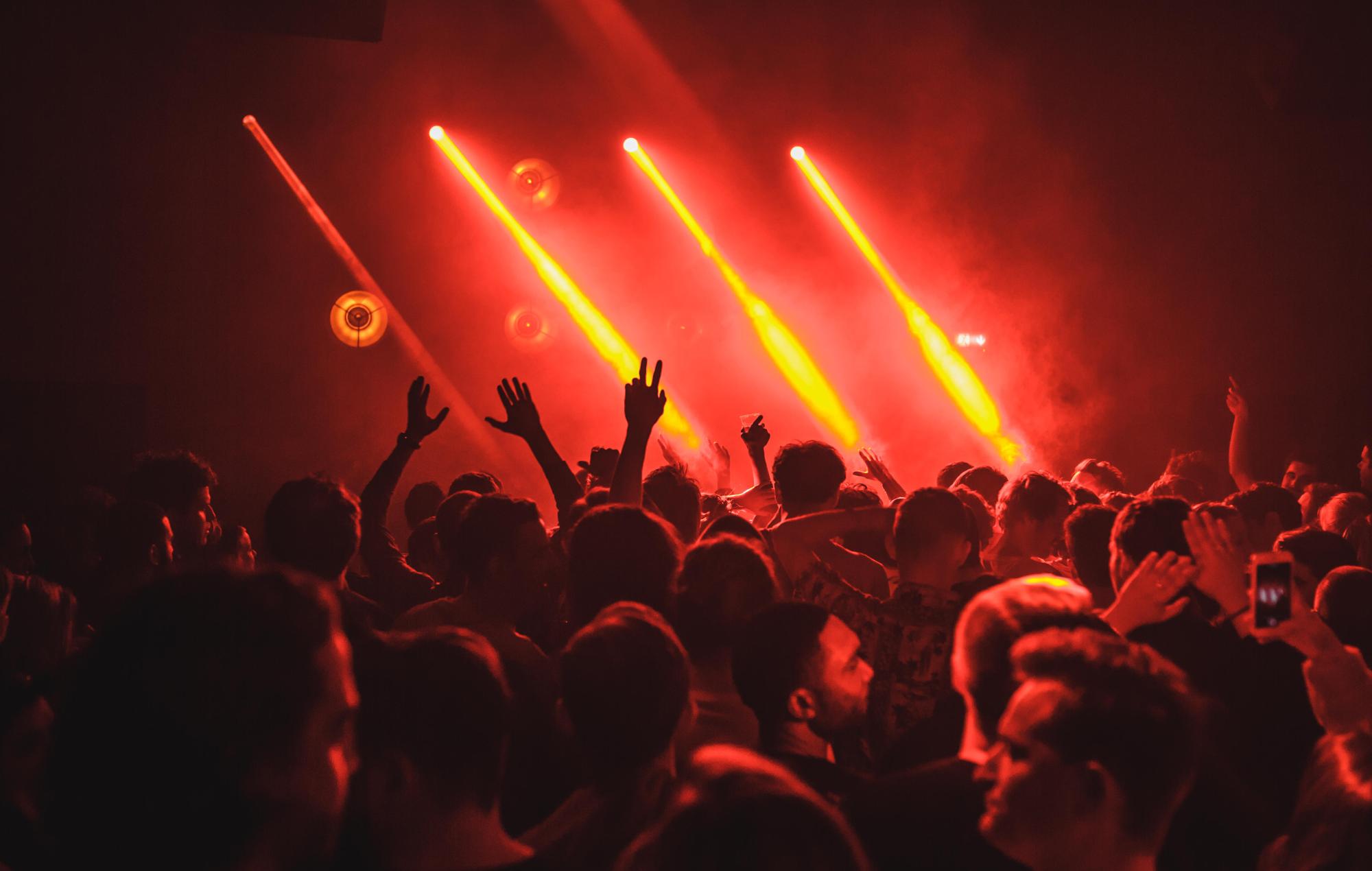
DJs, festival organisers and music fans are seeking to secure Unesco world heritage status for Berlin’s techno culture amid fears that it will struggle to survive.
- READ MORE: “My earnings more than halved”: how are new artists breaking through the pandemic?
Rave The Planet is lobbying German authorities to apply for intangible cultural heritage (ICH) status. The campaign group is formed by Matthias Roeingh aka Dr Motte, the DJ who founded Love Parade, a seminal electronic music festival that debuted as a political peace technoparade in West Germany in the summer of 1989 before the fall of the Berlin Wall.
Berlin adopted the native Detroit music genre, with its post-war abandoned bunkers, power plants and factories providing an escape for clubbers to dance to the music that soundtracked the nation’s reunification in the late ’80s.
But the culture is under threat. Estimates (via Sky News) point to 100 clubs closing in the last decade, compounded by the fact that the value of the city’s real estate and the impact of the COVID pandemic will continue to threaten Berlin techno’s stability.
Clubs would get extra protection under planning laws and there would also be access to subsidies and other funding if Unesco status were granted.

Detroit DJ, Alan Oldham, who is now based in Berlin and is backing Rave the Planet’s campaign, said that recognition from Unesco would help to protect key venues.
“Unesco protection would go a long way towards maintaining that old spirit,” he told The Observer. “Legacy venues like Tresor and Berghain for example would be protected as cultural landmarks.
“So many venues have closed in just the seven years I’ve lived here full-time. In other cities, it would be the natural club cycle at work, but Berlin is a different kind of place, where the club and creative scenes are the currency of the city.”
Peter Kirn, a Berlin-based DJ and music producer, added to the publication: “You literally can hear this music thumping from all corners. It’s really just everywhere.
“In other cities, people wouldn’t accept music that’s really hard or weird and full of synthesisers and really brutal, distorted drum machines. You can’t play that at peak hour in a club, let alone over lunch. And here it’s totally acceptable to play that over lunch.”
Unesco usually grants ICH status to more obscure musical movements or practices, such as Slovakian bagpipe culture, Irish harping and Tibetan opera, however reggae was added to the list in 2018.
Earlier this year, a near-unanimous vote was made in favour of changing the status of Berlin’s live venues from entertainment sites to cultural sites.
It’s hoped that the move would help venues weather the adverse effects of the pandemic as well as help selected venues benefit from new tax breaks.
Elsewhere, earlier this month Germany banned unvaccinated people from much of public life including attending gigs – and announced that some nightclubs will need to shut.
The move, made in an effort to curb a fourth wave of COVID in the country, means that only those who are fully vaccinated against the disease or have recovered from the virus in the last six months will be able allowed in cultural venues, restaurants, cinemas, leisure facilities and many shops.
Nightclubs, for example, must close in areas where 350 cases have been recorded per 100,000 people in the past seven days (the national rate is over 400).





